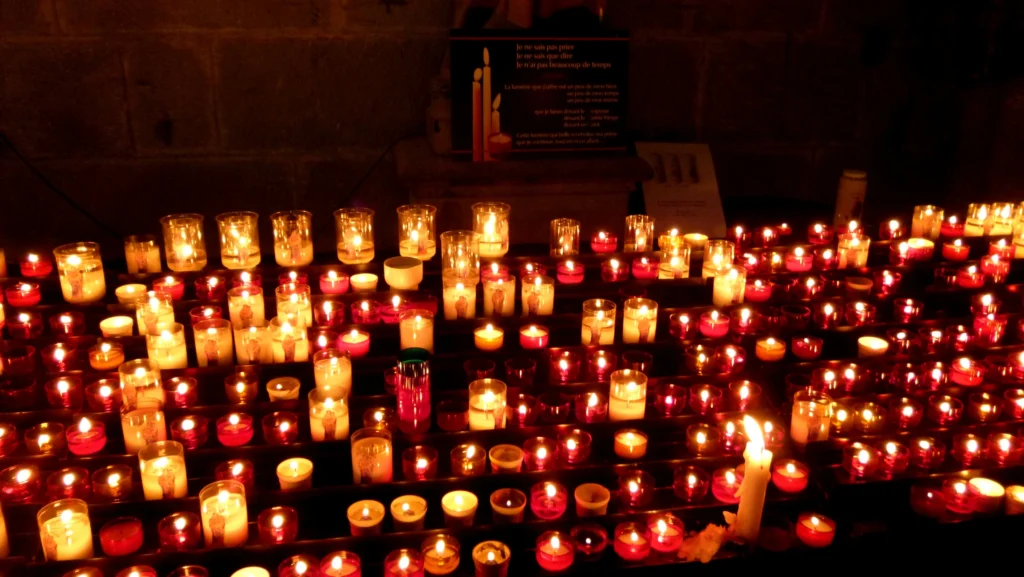| Month | Working days | Working hours | Sat & Sun. | Others |
|---|---|---|---|---|
| January | 21 | 168 | 9 | 1 |
| February | 20 | 160 | 8 | 0 |
| March | 23 | 184 | 8 | 0 |
| April | 18 | 144 | 10 | 2 |
| May | 21 | 168 | 8 | 2 |
| June | 19 | 152 | 8 | 2 |
| July | 21 | 168 | 10 | 0 |
| August | 23 | 184 | 8 | 0 |
| September | 21 | 168 | 9 | 0 |
| October | 22 | 176 | 9 | 0 |
| November | 22 | 176 | 8 | 0 |
| December | 19 | 152 | 10 | 2 |
| Total annual working hours | 250 | 2000 | 105 | 9 |
| Average / Month | 21 | 167 | 8.75 | 0.75 |
Christmas Day and Christmas Eve
 Christmas Day and Christmas Eve
Christmas Day and Christmas Eve
Monday and Christmas Day are two very established holidays in the common Western culture. Its history is closely linked to the growth of the church but is celebrated by a very large number of people without any closer ecclesiastical connection. For many in Sweden, these days are mainly characterized by a kind of calm after the storm, where you spend time enjoying the peace after Christmas and focusing on the present.
But what are these days about? We have taken a closer look at Christmas Day and the second day of Christmas.
Christmas day
Christmas Day is originally a Christian holiday that intends to celebrate the birth of Jesus and therefore takes place on December 25 every year. In modern times, however, Christmas Day has become a symbol of the common Christmas celebration which is characterized by fir trees, candles, ornaments and general decorations.
The traditional celebration is characterized by church mass in the evening that extends beyond midnight and marks the transition of Christmas night. That is why it is also called the Christmas night fair. For many people, Christmas Day is mainly characterized by being the day after Christmas Eve and therefore marks rather a slow end to the Christmas celebration, rather than a particularly significant holiday. This also coincides with Nordic tradition where the day before Christmas was considered the most important.
Second day of Christmas
Christmas Day is the day that occurs after Christmas Day. It is often also called the second day. It occurs the day after Christmas, and is thus the second day after Jesus' birth. In many parts of the world it is a holiday, but how it is celebrated varies greatly. In Sweden, it has typically meant a rather low-key celebration that is mainly about enjoying the peace after an often hectic Christmas. In many countries where English is spoken, the second day is called Boxing day. Boxing day is a public holiday in Australia, Canada, Ireland, New Zealand and the United Kingdom, among others. In the US, it's an unofficial full day. Just as with the second day falls on December 26th.All Saints Day

All Saints Day
All Saints' Day is a very multifaceted holiday whose history is in a way hidden in obscurity. But as a Christian tradition, it has proven to be unusually multifaceted and vibrant. This has made it celebrated in many different ways depending on where you are in the world.
We have looked at All Saints' Day and seen what sets it apart.
A common but misunderstood day
The origin of All Saints' Day is typically considered to be the ecclesiastical ambition to draw the attention of saints and martyrs to their sacrifices. All Saints' Day is a Christian holiday that celebrates the lives of all saints. Exactly when it is celebrated varies between different places in the world, but it typically takes place on November 1 or sometime between October 31 and November 6.
But what exactly is a saint? A saint is a person who has been recognized by the Church as having attained a very high level of holiness and virtue.
Over time, however, All Saints' Day has become more of a general attention of the people who have left earthly life. Whether it's about saints or our own loved ones. Therefore, the contemporary celebration of All Saints' Day is very closely linked to cemetery visits. Lighting candles and visiting graves is considerably more common than actually spending time in church.
In many places, the day is probably more associated with Halloween, even though they are not really connected other than that they occur one after the other. This is typically considered to be the result of a linguistic interconnection.
All Saints' Day continues to be a popular holiday, but is celebrated in many different ways. In our own time, it has probably in many ways faced great competition from Halloween, even though these two phenomena have completely different origins.
